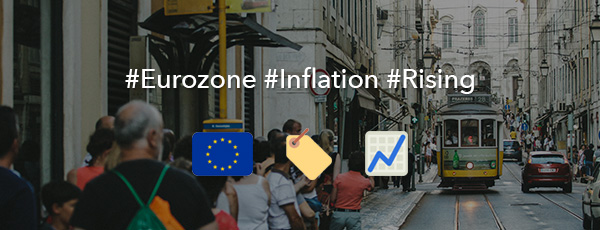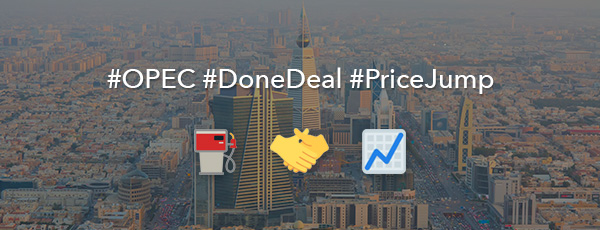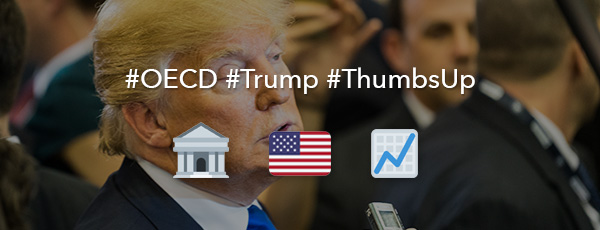
Image source:
What's going on?
Prices in the eurozone went up in November at the fastest pace since 2014! That can be a sign that the economy is picking up steam, but a closer look into the numbers tells a less encouraging story for Europe�s slowly recovering economy…
What does this mean?
Overall inflation accelerated, but �core� inflation, which excludes the effect of volatile factors like energy prices, has remained at the same level for the past three months � and it�s still lower than it was earlier this year. Higher �core� inflation would likely be indicative of an economy that�s improving: it would suggest wages are increasing and that consumers have cash to spend, thus pushing up the price of goods. It would also be good news for Europe�s debt-ridden companies and households, who would benefit from inflation eroding the value of their debt (click here for a further explanation).
Why should I care?
The bigger picture: A more efficient economy (e.g. higher productivity) is key to sustainably boosting growth, which would lead to higher �core� inflation.
On Wednesday, European Central Bank (ECB) president Mario Draghi warned of the long-term economic damage caused by Europe�s inefficient economy. Productivity (which is measured by workers� output per hour) has improved much more slowly in Europe than in other countries (like the US) since the 2008 financial crisis. Productivity can be boosted through technological advances or more flexible labor laws, which make it easier for companies to fire less productive workers and hire more productive ones.
For markets: Low “core” inflation likely means that the ECB�s bond buying program is here to stay.
The ECB has been buying bonds every month since March 2015 in an effort to get inflation going (remember, buying bonds pushes up their prices, which reduces their interest rates). The lower interest rates make it cheaper for people to borrow and then spend money. In turn, the increased spending should lead to higher prices. But until �core� inflation accelerates, the ECB won�t really have got the �ball rolling� properly � and it will probably keep buying bonds at the same pace each month until that happens.
Originally posted as part of the Finimize daily email.
The top 2 financial news stories in 3 minutes. Join over one million Finimizers





